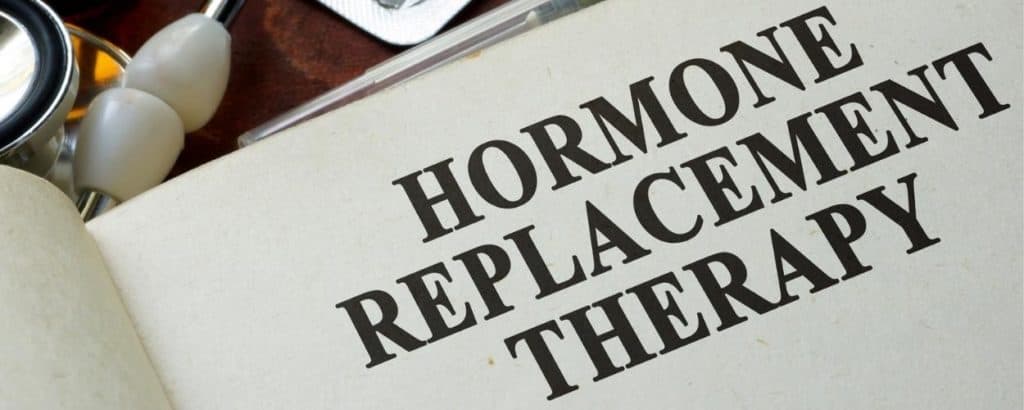
hypothyroidism and testosterone replacement therapy
boston vitality testosterone replacement therapy
I think it would be a good idea to understand. You should be able to grasp what you are being told fully.ÿ
It is much more difficult to administer this shot than, for instance, an insulin shot administered just below the skin. Patients are less likely to self-administrate it. Due to social constraints, it isn't easy to self-manage testosterone replacement therapy when you have to visit your doctor twice per week. In reality, testosterone replacement injection therapy treatment only allows men to go in for one visit per week. The second problem with current testosterone replacement therapy is that you have to get your injections twice weekly in a doctor's chair. It is hard to maintain the same levels. You will feel almost happy the first few days after you get your shot. However, your testosterone levels will start to fall by the end of the week. This is why it is recommended to doze more often, but this is not always possible.
Creating educational materials on testosterone replacement therapy for healthcare professionals is an important task, as it provides healthcare providers with the knowledge and skills to effectively manage this important treatment. The educational materials need to cover various topics, including the indications for testosterone replacement therapy, the benefits and risks of treatment, and the proper methods for monitoring patients receiving testosterone therapy. It is also important to provide healthcare providers with information about the potential side effects of testosterone replacement therapy and how to manage them. Additionally, educational materials should include information about the potential interactions between testosterone replacement therapy and other medications that a patient may be taking. It is also important to provide healthcare professionals with the most up-to-date information on the latest research and best practices regarding testosterone replacement therapy. By creating comprehensive educational materials on testosterone replacement therapy, healthcare providers are equipped with the information they need to safely and effectively prescribe the therapy to their patients.



